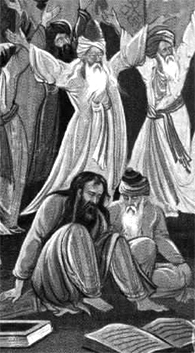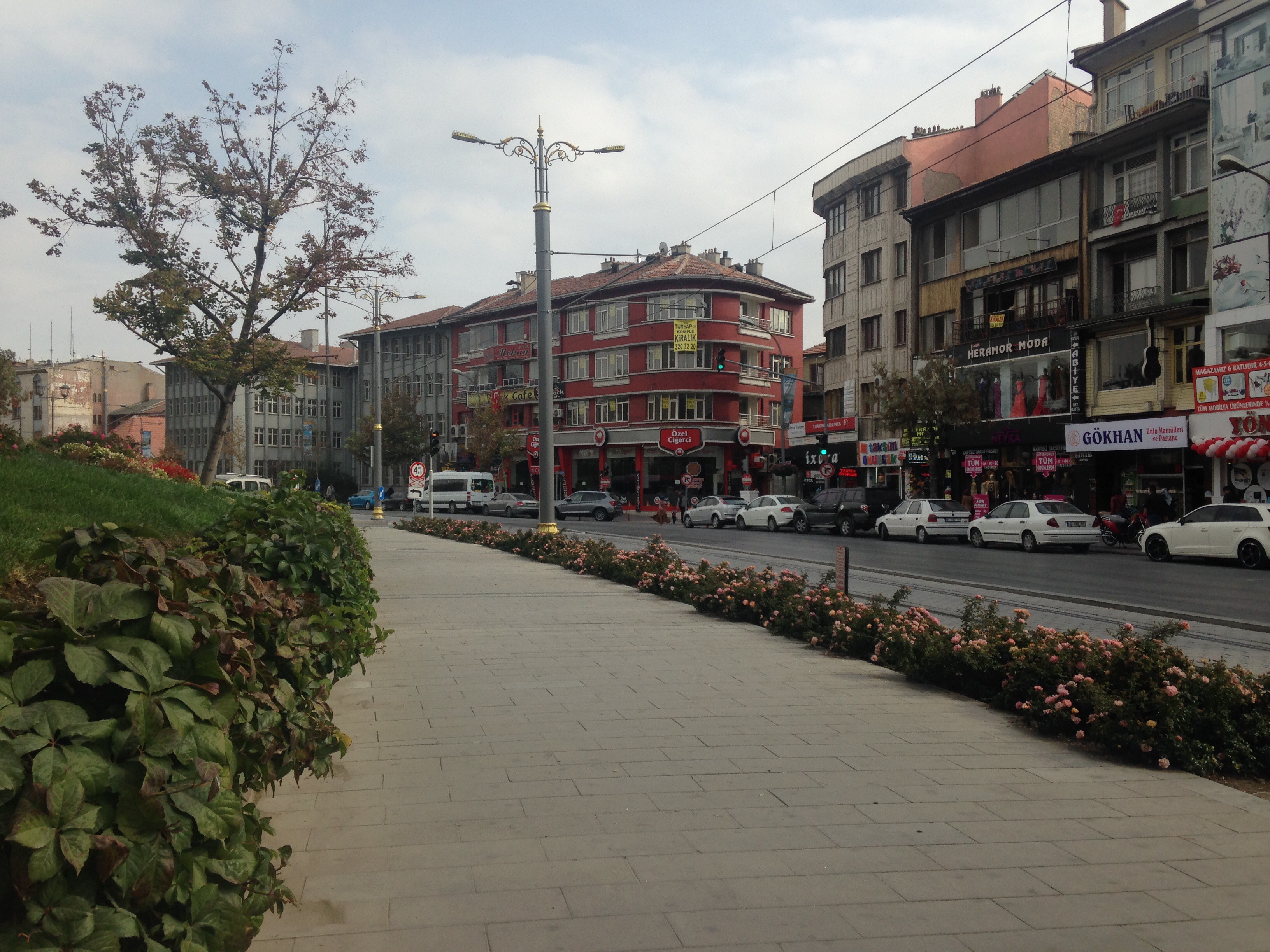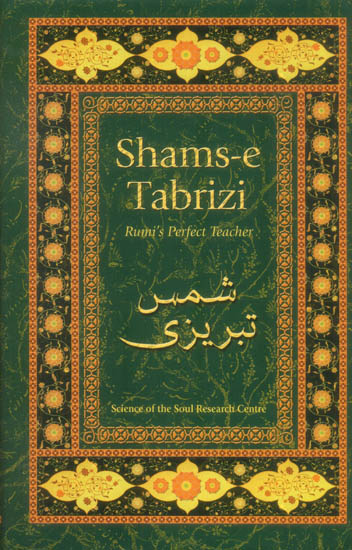

Since Jalāl al-Dīn Rūmī considered his death not as an end but as a reunion with his beloved, God, his death anniversary is called the “Wedding Night”. The wedding night is known in the Mevlevi order as the night Jalāl al-Dīn Rūmī died. Seb-i Arus means ‘wedding night’ in Turkish. That is why the anniversary of his death, which is December 17, is known not as a day of mourning but as a day of celebration, and the Seb-i Arus ceremonies, which are held every year on December 17, also mean ‘The Night of Reunion or Wedding Night’. For Rumi, true love meant love for Allah (God), and death was the day when he would unite with the divine, Allah. He gave up everything and wrote “Masnavi” which is widely recognized as the greatest Sufi poem ever written, consisting of 25 thousand couplets. This loss caused a great change in his inner world. Stories tell that Rumi, who was always a beloved figure in the Islam world became immensely sad after the departure of his master Shams-i Tabrizi (Shams of Tabriz) with whom he had discovered the depths of spirituality. Sufi mystic, poet, and scholar Jalāl al-Dīn Rūmī’s teachings widely influenced mystical thought and literature throughout the world. The ceremonies will be live streamed on digital platforms and several television channels. Due to global pandemic, this year Seb-i Arus ceremonies are being held with no participation, the first one already held on December 7 and the second to be held on December 17. This year will mark the 747 th death anniversary of the world-renowned Sufi mystic, poet and scholar.


Seb-i Aruz ceremonies will be held this year for the 83 rd time with the support of the T.R. Jalāl al-Dīn Rūmī has been commemorated on his death anniversary at Seb-i Arus (Night of Reunion with the Divine) with commemoration ceremonies every year in Konya since 1937. Seb-i Arus ceremonies that have become an annual ritual in Turkey The city is known not only for Rûmî, but also for its rich culture that blends all this historical heritage. With its history dating back to 7000 BC, Konya, one of the major cities in Central Anatolia Region of Turkey, has become “the cradle of civilizations and religions” having been home to numerous civilizations. Every year, visitors from all over the world who believe in Rûmî’s philosophy participate in the ceremonies held in Konya to commemorate and celebrate Rûmî Jalāl al-Dīn Rūmī, who spread this loving, humanistic view to all of humanity. Rûmî, whose door was open to everyone, no matter what race or religion, has become a symbol of equality in the world in every sense. He said the rest was nothing but an image. He represented a life order in itself and believed in the “true essence”. Rûmî had many attributes such as a Muslim poet, jurist, Islamic scholar, theologian, and Sufi mystic, but he was much more than that. The Sufi poet, Muhammad Jalāl al-Dīn Rūmī known to the world as Rûmî, who lived in the 13th century, is considered one of the world’s greatest Sufi philosophers and he was loved and respected by all religions for his poems and religious writings that embrace all humanity. The second ceremony will take place with no participation again, on December 17. Due to global pandemic, the first ceremony took place on December 7 in Konya where Rûmî spent majority of his life. On the 747th anniversary of his death, Jalāl al-Dīn Rūmī, who with his tolerance showed the path of love to the whole world by embracing people no matter what religion, sect and race they come from, will be commemorated with “Seb-i Arus” ceremonies.


 0 kommentar(er)
0 kommentar(er)
